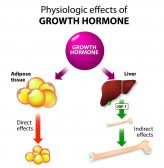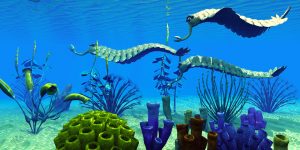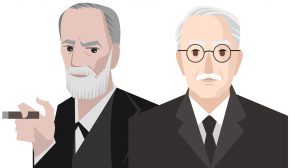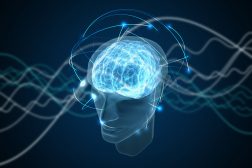Definition
noun
A discipline that is concerned with how the brain perceives food and flavor and how the latter affects cognition, sensation, and memory
Supplement
Neuroscience is the scientific study of the nervous system and is concerned with the structure, development, function, chemistry, pharmacology, and pathology of the nervous system. Modern tools and technologies (e.g. molecular biology, electrophysiology, computational methods, etc.) led to the advancement of research on nervous system. As a result, neuroscience is now comprised of various branches. One of these branches is the relatively new discipline, neurogastronomy. Gordon M. Shepherd, a professor of neurobiology at the Yale School of Medicine, was the one who coined the term neurogastronomy in 2006.
Neurogastronomy is a discipline that studies flavor perception by the brain. It also identifies the ways by which it affects cognition, sensation, and memory.1 It attempts to understand the reason why for instance humans eat what they eat. It aims to delineate taste preferences. Other areas of interest include satiety, obesity, food addiction, and sensation (e.g. the role of olfaction in flavor perception).
Neurogastronomy encompasses several areas, such as biochemistry, culinary arts, behavioral psychology, anthropology, and food technology.
See also:
Reference(s):
1 Shepherd, G. (2012). Neurogastronomy: how the brain creates flavor and why it matters. New York: Columbia University Press.







